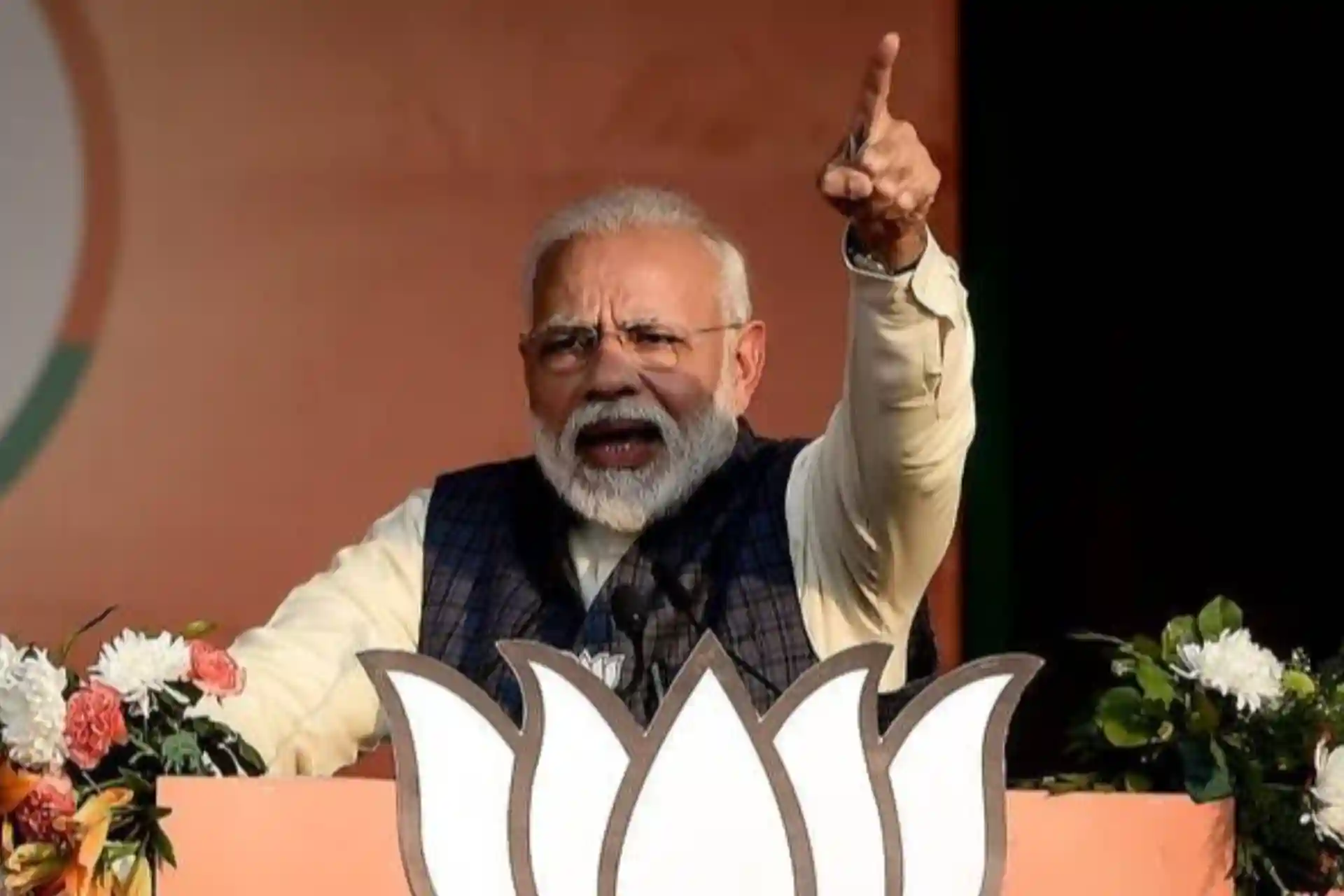India has passed a law that can be used against Muslims
India has passed a law to grant citizenship to Hindus, Parsis, Sikhs, Buddhists, Jains and Christians who fled to India due to religious persecution in predominantly Muslim countries like Afghanistan, Bangladesh and Pakistan. This document can also be used to de-citizen Muslims in the northeastern states.
The Modi government has approved amendments to citizenship documents that could be used to strip Muslims of India's northeastern states from citizenship.
The Citizenship Amendment Act grants Indian citizenship to Hindus, Parsis, Sikhs, Buddhists, Jains and Christians who have fled to India due to religious persecution in the predominantly Muslim countries of Afghanistan, Bangladesh and Pakistan.
The Modi government was unable to implement the law after it was passed in December 2019, amid protests in New Delhi and other cities. Dozens of people were killed and hundreds of people were injured in the clashes that lasted for several days.
Human rights and Muslim groups say the law could discriminate against India's 200 million Muslims. Some fear the government could strip undocumented Muslims of their citizenship in some border states.
A government statement said there were "many misconceptions about the law" and that its implementation had been delayed by the COVID-19 pandemic.
The government also denied spreading anti-Muslim sentiment, saying the law was needed to help persecuted minorities in Muslim-majority countries.
Since coming to power in 2014, Modi has strengthened his position by promoting economic growth, infrastructure development and aggressive Indian nationalism. Opinion polls suggest a majority in May's general election.



